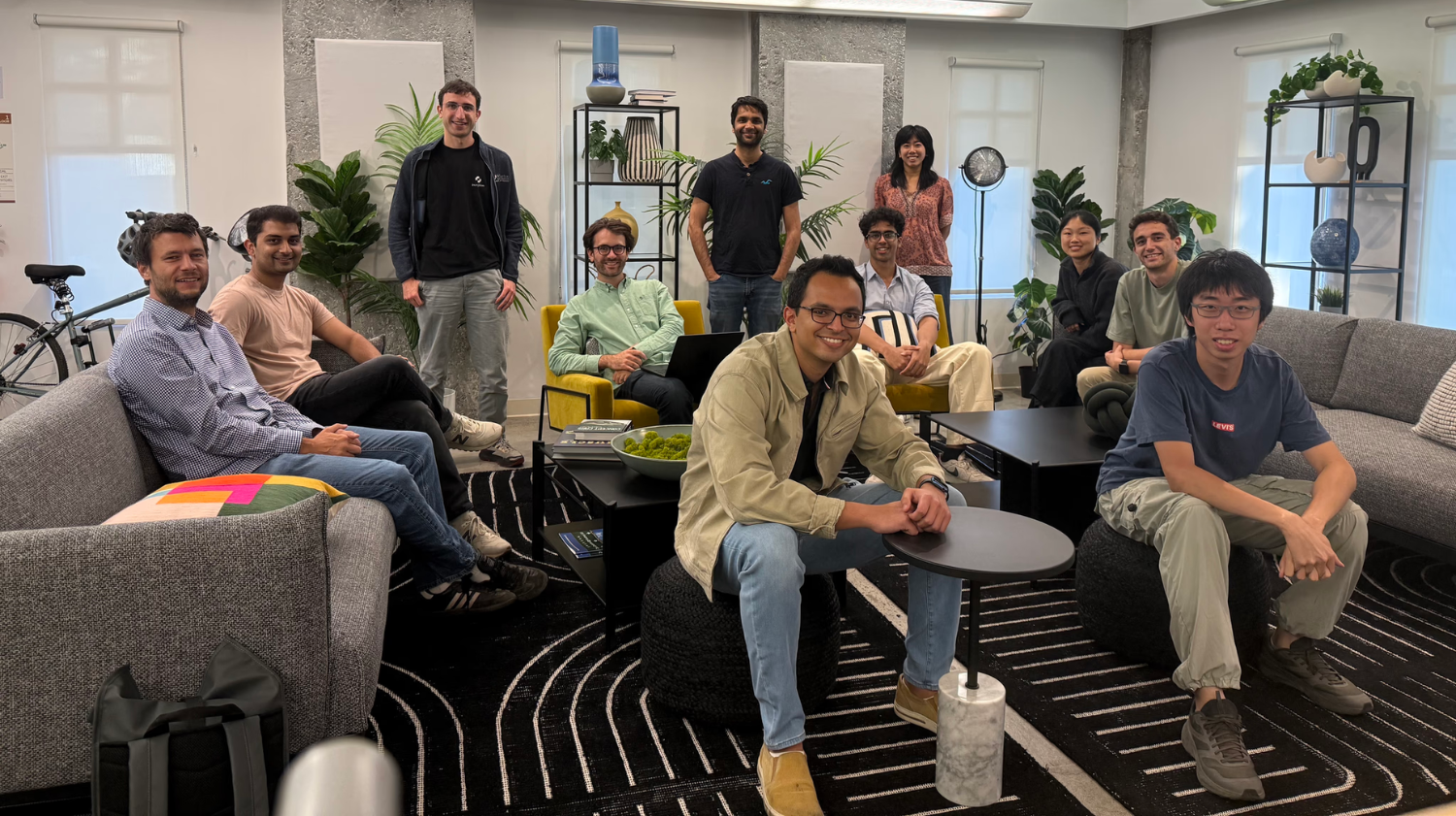
AI startup Inception has raised $50 million in seed funding to develop a new class of diffusion-based large language models (LLMs) designed for code and text.
The round was led by Menlo Ventures, with additional angel backing from Andrew Ng and Andrej Karpathy.
Founded by Stanford professor Stefano Ermon, a leading researcher in probabilistic modeling and generative AI, Inception is reimagining how LLMs process information. Unlike traditional auto-regressive models — such as GPT or Gemini — which predict text sequentially, diffusion models generate outputs through iterative refinement, a process already used in image-generation tools like Stable Diffusion, Midjourney, and OpenAI’s Sora.
“These diffusion-based LLMs are much faster and more efficient than what everybody else is building today,” said Ermon. “It’s a completely different approach — one where there’s still enormous room for innovation.”
Building the next generation of code-focused AI
Alongside the funding, Inception released Mercury, its latest diffusion model tailored for software development. Mercury is already being integrated into developer tools including ProxyAI, Buildglare, and Kilo Code, enabling faster, more cost-efficient code generation and refactoring.
Ermon says diffusion-based models could transform how AI systems handle large-scale programming tasks. Their parallel processing architecture allows multiple operations to run simultaneously — drastically improving latency and compute efficiency compared to current LLMs.
“We’ve been benchmarked at over 1,000 tokens per second — far beyond what’s possible with today’s auto-regressive systems,” Ermon noted. “Because diffusion models process holistically, they’re inherently parallel and built to be really, really fast.”
A new path for scalable AI infrastructure
The technical advantages go beyond speed. Diffusion models’ flexibility in hardware utilization could help reduce the massive infrastructure strain facing AI developers — a growing concern as models scale. By distributing computational workloads more efficiently, Inception aims to make advanced AI systems more sustainable and accessible.
With its new funding, Inception plans to expand its research and engineering team, scale its infrastructure, and further develop diffusion-based architectures for natural language and programming applications.
In an industry dominated by auto-regressive design, Inception is betting that diffusion models will define the next era of AI — one that’s faster, leaner, and more computationally efficient.
About Inception
Founded by Stefano Ermon and based in Palo Alto, Inception develops diffusion-based large language models for code and text generation. The company’s approach applies the iterative refinement techniques behind image-generation breakthroughs to language and programming, delivering faster, more efficient AI systems optimized for modern development environments.


